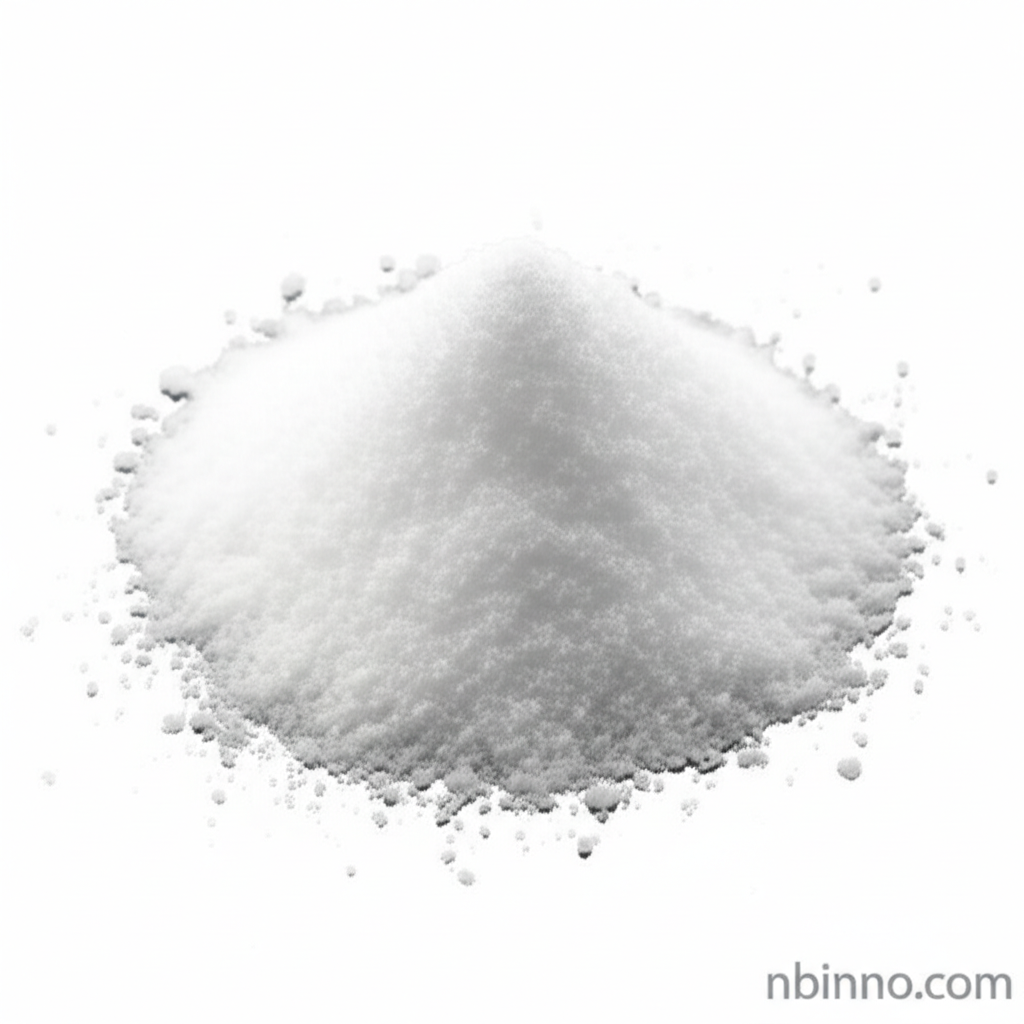Atracurium Besylate: A Key Neuromuscular Blocking Agent
Facilitating anesthesia and critical care with advanced muscle relaxation and controlled interventions.
Get a Quote & SampleProduct Core Value

Atracurium Besylate
Atracurium Besylate is a critical non-depolarizing neuromuscular blocking agent, primarily utilized in anesthesia to facilitate endotracheal intubation and ensure skeletal muscle relaxation during surgical procedures or mechanical ventilation. Its unique degradation via Hofmann elimination and ester hydrolysis allows for organ-independent metabolism, making it a valuable option for patients with compromised renal or hepatic functions. The drug's precise application in anesthesia and intensive care settings is underscored by its predictable onset and duration of action.
- Explore the 'atracurium besylate mechanism of action' to understand its targeted approach on nicotinic acetylcholine receptors.
- Learn about 'atracurium besylate adverse effects' and how to manage them for patient safety.
- Discover critical 'atracurium besylate drug interactions' to ensure safe co-administration with other medications.
- Understand 'how to administer atracurium besylate' effectively, including dosage and timing for optimal results.
Key Advantages
Organ-Independent Metabolism
The inherent 'Hofmann elimination in drug metabolism' allows Atracurium Besylate to break down effectively regardless of liver or kidney function, a critical benefit in certain patient populations.
Facilitates Intubation
As a leading 'anesthesia muscle relaxant', its rapid onset aids in simplifying 'atracurium besylate for intubation', ensuring smoother airway management.
Predictable Recovery
With an intermediate duration of action, it offers predictable recovery profiles, essential for effective surgical planning and patient management.
Key Applications
Surgical Muscle Relaxation
Essential for providing complete skeletal muscle relaxation during a wide array of surgical interventions, contributing to better surgical outcomes.
Endotracheal Intubation
A primary use involves facilitating the insertion of endotracheal tubes, ensuring a secure airway for patients requiring respiratory support.
Mechanical Ventilation
Supports patients in intensive care units by reducing spontaneous muscle activity, thereby optimizing mechanical ventilation efficacy.
Anesthesia Adjunct
Acts as a crucial adjunct to general anesthesia, enhancing the overall safety and efficiency of anesthetic procedures.
